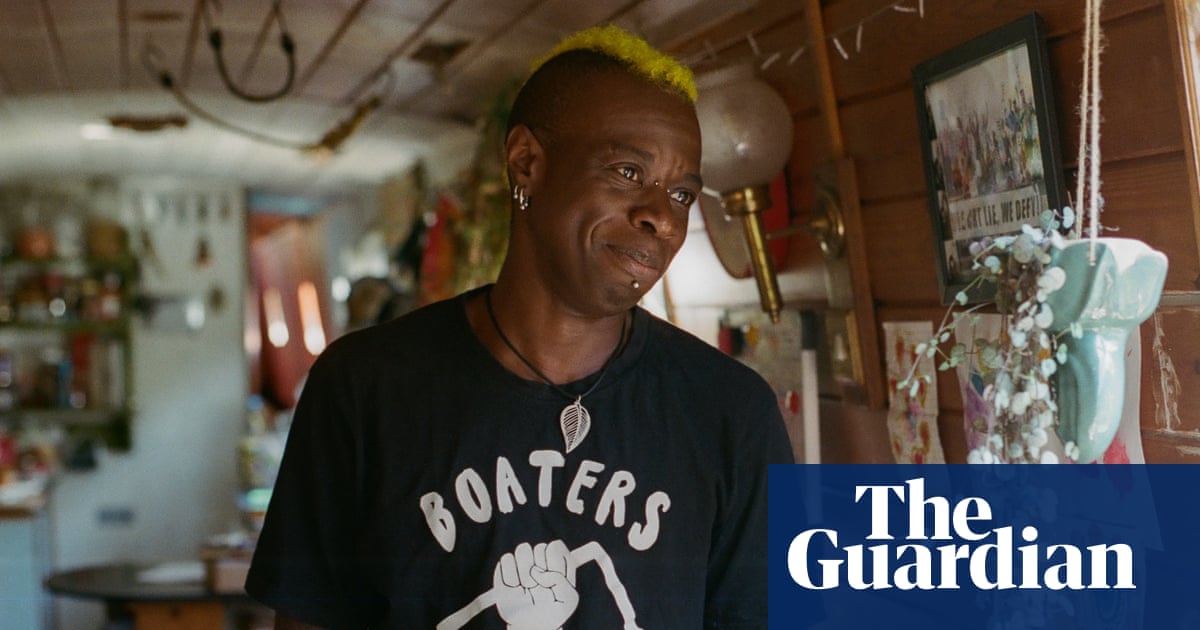
"WWWADING, is a five-year culmination of photography and oral history collected along the canals of London with a focus on boaters of colour. Inspired by the idea of what they call a marginalised people choosing a marginalised way of life, the photographs are an ode to a community of queer or disabled boaters in their natural habitat, who don't often have a lens on their existence."
"Mirza is half Pakistani and Egyptian (and a boater) and talks about how water is a part of her present and her ancestral history. One of the things that unites a lot of black and brown people is that we have movement in our lineages. Whether that's violent displacement, migration, economic movement, we've all sailed on seas to get here and end up on this strange land."
"Mirza started asking boaters unusual questions. How has water shown up in the history of your family? How do boats inform how you live now? One person I was interviewing was like: Well, the British build canals. That's what they do.' The idea of colonial capitalism carved into the earth via watery networks gives the work a critical edge. It's considered an incredible feat of engineering despite facilitating colonialism and control through commerce and capitalism."
Aisha Mirza created WWWADING over five years, combining photography and oral history gathered along London's canals with a focus on boaters of colour. The work centers queer and disabled boaters inhabiting canal life and captures intimate moments, such as a new birth brought to a boat and communal acts like doing hair. Mirza frames water as part of personal and ancestral histories for people of colour, linking lineage movement, displacement and migration to maritime journeys. Interviews interrogate how boats shape daily life and reveal canals' history as engineered waterways tied to colonial capitalism and landscape destruction.
#london-canals #boaters-of-colour #queer-and-disabled-communities #photography-and-oral-history #colonial-capitalism
Read at www.theguardian.com
Unable to calculate read time
Collection
[
|
...
]